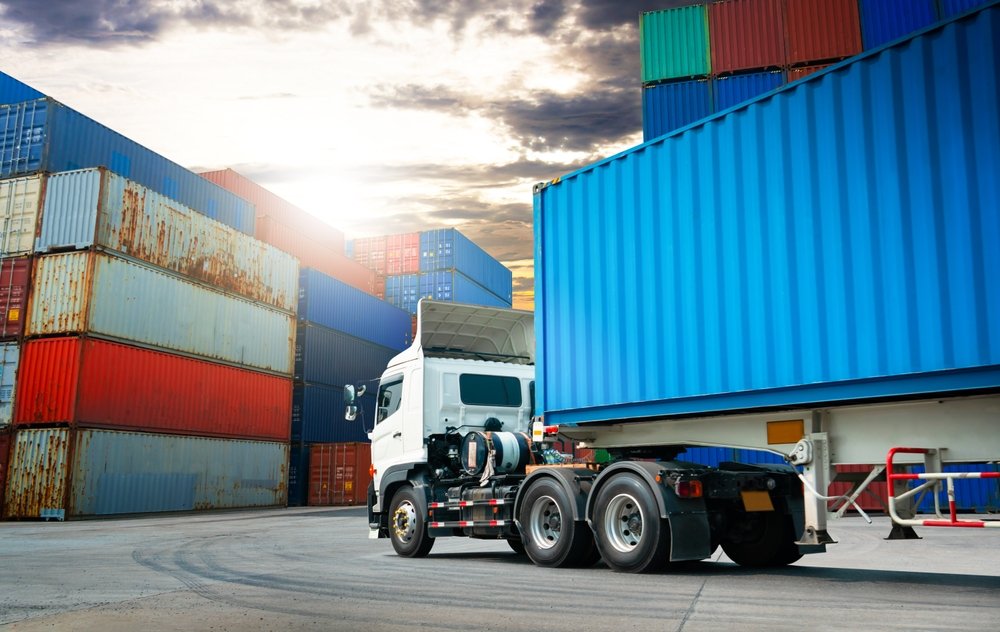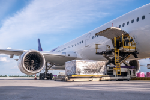Advantages Disadvantages Of Road Transport in Logistics BHARAT FREIGHT SYSTEM

Road logistics is a critical component of the supply chain that focuses on the movement of goods via road transportation. It encompasses various activities, including planning, executing, and managing the transport of goods from one location to another using trucks, vans, and other road vehicles. As a flexible and accessible mode of transport, road logistics plays a vital role in the overall efficiency and effectiveness of supply chains, especially in regions where other transport modes are limited. We will talk specifically about the benefits of road transportation in this blog.
Factors to Consider While Choosing The Right Mode of Road Logistics
Selecting the appropriate logistics mode is crucial for businesses aiming to optimize their supply chains and enhance overall efficiency. With various transportation options available such as road, rail, air, and sea companies must consider multiple factors before making a decision.
Key Advantages
- Distance and Destination:The distance to be covered and the destination significantly impact the choice of logistics mode.
- Cost Considerations: Cost is always a crucial factor when selecting a logistics mode. Businesses must evaluate both direct and indirect costs associated with different transportation methods.
- Speed of Delivery:The speed at which goods need to be delivered can significantly influence the choice of logistics mode
- Reliability and Safety:Ensuring that goods arrive safely and on time is vital for maintaining customer satisfaction and trust. Different transportation modes have varying reliability levels.
Advantages of Road Transport
Road transport offers several benefits, especially when it comes to flexibility and cost-efficiency. Below are some key advantages:
Service Offered
- Flexibility and Accessibility:One of the biggest advantages of road transport is its flexibility. Road transport can easily reach rural areas, small towns, and urban centers, unlike rail or air transport, which are dependent on fixed schedules and routes. Road vehicles can operate anytime, allowing for deliveries around the clock.
- Cost-Effectiveness for Short Distances: For short to medium distances, road transport is generally more cost-effective than other modes, such as air or rail. There are fewer infrastructure costs compared to building and maintaining railways or airports, making road logistics an affordable choice for local and regional deliveries.
- Door-to-Door Service:Road transport offers door-to-door delivery services, eliminating the need for multiple handling points. This reduces the risk of damage and ensures that goods are delivered directly to the customer’s doorstep, enhancing convenience and customer satisfaction.
- Suitable for a Wide Range of Goods:Road transport is versatile and can handle a variety of goods, from small parcels to bulkier items. Trucks and vans of different sizes allow businesses to transport various types of cargo, including perishable goods, construction materials, and retail products.
- Quick Setup and Scheduling:Setting up road transport services is relatively quick and easy. Unlike air or sea freight, which may require complex documentation and booking processes, road transport can be arranged with minimal bureaucracy, making it ideal for last-minute deliveries or urgent shipments.
Disadvantages of Road Transport:
Despite its many advantages, road transport also has its share of disadvantages. These limitations must be considered when deciding on the most efficient transport method.
- Limited Range for Long Distances: While road transport is effective for short and medium distances, it becomes less efficient for long-distance shipments. Trucks can cover long distances, but the time taken is significantly higher compared to air or rail transport. For international shipments, road transport is not always feasible.
- Vulnerable to Traffic and Weather Conditions:Road transport is highly susceptible to delays caused by traffic jams, road construction, or adverse weather conditions like heavy rains, snowstorms, or flooding. These delays can lead to missed delivery deadlines and increased operational costs.
- Environmental Impact:Road transport is less environmentally friendly compared to other modes like rail or sea. Trucks and vans burn significant amounts of fossil fuels, contributing to greenhouse gas emissions. This can be a concern for businesses that prioritize sustainability.
- Limited Cargo Capacity:Although trucks can carry a variety of goods, their capacity is limited compared to ships, trains, or planes. For businesses needing to move large quantities of goods over long distances, road transport may not be the most efficient option.
- Higher Risk of Accidents and Damage:Road transport has a higher risk of accidents compared to rail or air freight. Poor road conditions, driver fatigue, and traffic accidents can lead to damaged goods, delays, or even loss of cargo, making insurance and safety precautions essential.
Bharat Freight System, with over 10 years of experience, provides reliable road transport solutions that cater to the diverse needs of businesses in Ahmedabad and beyond. By understanding the advantages and disadvantages of road transport, businesses can make informed decisions to optimize their logistics operations.


